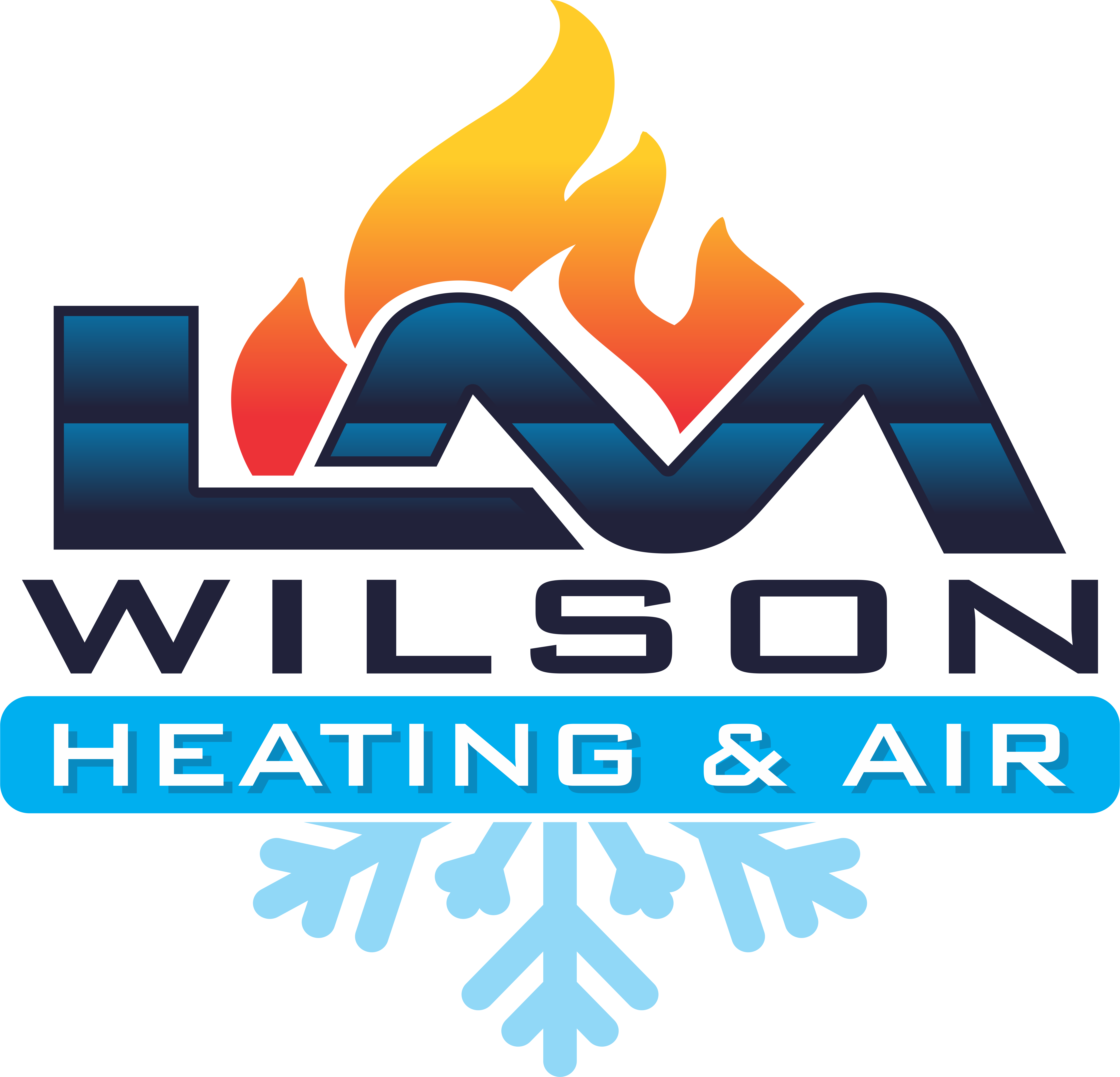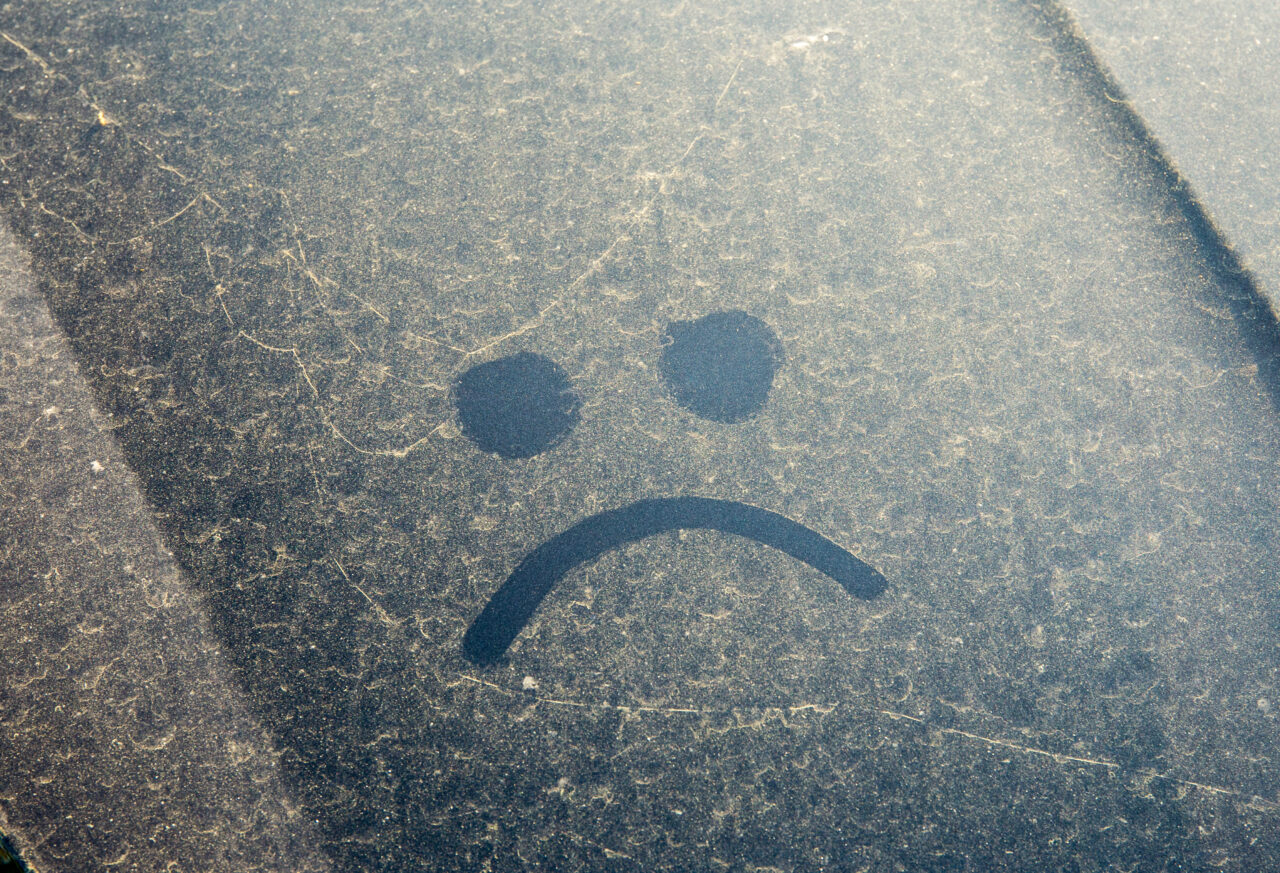As residents of Burlington, North Carolina, we cherish our lush landscapes and the vibrant greenery that surrounds us, especially during the spring when the trees are in full bloom. However, this beauty comes with a hidden challenge—tree pollen. For homeowners, pollen isn’t just a trigger for allergies; it also poses concerns for the health and efficiency of HVAC systems. In this blog, we’ll explore how tree pollen can impact your HVAC units and why it’s crucial to keep up with maintenance, especially here in the heart of NC.
Understanding the Impact of Tree Pollen on HVAC Units
Tree pollen is composed of fine, powdery grains released by trees during their reproductive cycle. These grains are designed by nature to travel far and wide, aided by the wind, to fertilize other plants. Unfortunately, as they journey through the air, pollen grains also find their way into our HVAC systems.
Clogging Air Filters: The first point of contact for pollen in your HVAC system is the air filter. Filters are designed to catch airborne particles, including pollen, to improve indoor air quality. During North Carolina’s pollen seasons, which primarily occur in the spring, filters can become clogged much faster than usual. This blockage limits airflow, forcing the HVAC system to work harder, which can lead to decreased efficiency and increased energy costs.
Coating the Coils: Another critical component of your HVAC system affected by pollen is the condenser coil, which resides in the outdoor unit. Pollen particles can settle on the coils, accumulating over time and forming a layer that insulates the coils and reduces their ability to release heat. This insulation effect can decrease the overall efficiency of your air conditioning unit, leading to higher utility bills and potential system overheating.
Aggravating Allergies and Reducing Air Quality: Pollen that bypasses the air filters or accumulates within the ductwork can enter your living spaces, diminishing the indoor air quality. For families in Burlington, especially those with allergy sufferers, this can mean more than just a nuisance—it can significantly impact health and comfort.
Maintenance Tips to Mitigate Pollen Problems
To ensure your HVAC system runs efficiently and keeps the air in your home clean, regular maintenance is essential. Here are a few tips:
Regular Filter Changes: Change your air filters more frequently during high pollen seasons. For most homes, replacing filters every 30-60 days might be adequate, but in areas dense with greenery like Burlington, changing filters monthly during spring can make a significant difference.
Cleaning the Coils: Schedule professional cleaning of your HVAC coils annually. This process removes any pollen, dust, and other debris that could impair your system’s efficiency.
Duct Cleaning: Consider having your air ducts cleaned every few years. This will help eliminate any built-up pollen and other allergens, ensuring cleaner air distribution throughout your home.
Sealing and Insulation: Ensure that your HVAC system and ductwork are well-sealed. This prevents pollen from entering through gaps and helps maintain the efficiency of your system.
Professional HVAC Inspection: Having your HVAC system inspected by professionals like LM Wilson Heating & Air can help catch issues before they become severe, ensuring your unit remains in top shape year-round.
Call LM Wilson for HVAC Maintenance and Cleaning During the Spring Months
While tree pollen is a natural part of life in North Carolina, it doesn’t have to be a menace to your HVAC system or your wellbeing. With regular maintenance and a few proactive steps, you can minimize its impact and enjoy both the beauty of Burlington’s springs and the comfort of efficient, effective air conditioning.
Don’t let pollen reduce your comfort or your HVAC system’s efficiency. Contact LM Wilson Heating & Air today to schedule a comprehensive HVAC maintenance or repair session at (336) 663-1370. Our team of experienced professionals is ready to ensure your system is prepared to handle whatever the North Carolina seasons throw at it. Let us help you breathe easier and save on your energy bills—call us today!


